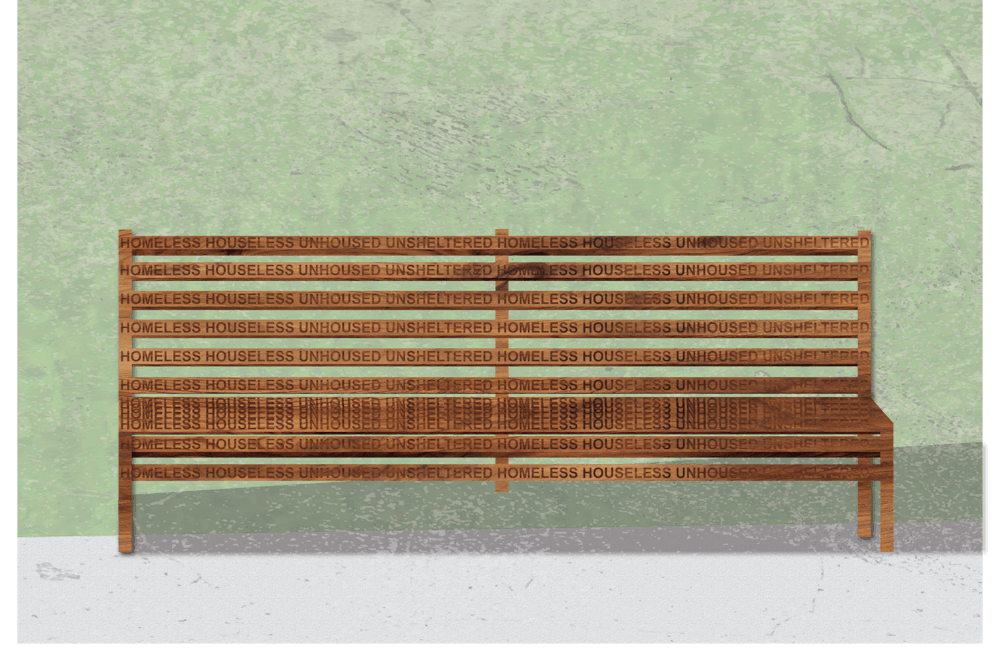In recent years, discussions of the proper terminology to describe people who lack stable housing have emerged in the media. In situations where the term 'homeless' was once used without question, terms such as 'houseless,' 'unhoused' and 'unsheltered' have now been introduced as alternatives. For those of us who have grown up almost exclusively hearing the word 'homeless,' the shift toward new terms may seem confusing and unnecessary at first.
The late 2000s marked the emergence of alternative terminology for 'homelessness.' In 2008, the term 'unhoused' is said to have first appeared on Twitter, and the Oxford English Dictionary noted an uptick in the usage of the terms 'houseless' and 'unsheltered' beginning around 2019.
The shift away from 'homeless' mainly came about as a way to reduce the term’s stigma. This stigma is embedded in the word itself, as the term implies a lack of community.
According to a study by the National Academies of Sciences, Engineering and Medicine, new negative connotations became associated with homelessness in the United States during the 1980s. These include the mass deinstitutionalization of patients with mental illnesses, the AIDS crisis and high unemployment.
David Mora-Marín, a UNC linguistics professor, explained how politicians utilize these negative connotations to their advantage.
“These words are being used strategically to evoke a particular scenario that can only be solved with a particular set of solutions,” Mora-Marín said.
In many instances, the solutions in question harm people experiencing homelessness, such as the 2023 Missouri legislation that criminalized sleeping on state property. Terms such as 'unhoused,' 'houseless' and 'unsheltered' that don’t carry the same stigma could provoke more empathetic policy decisions.
Yet, these alternative terms often fall short of their goal to reframe homelessness. 'Houseless,' 'unhoused' and 'unsheltered' all fall into the category of identity-first language, which emphasizes one’s living situation as their entire identity. Many advocates instead prefer to emphasize people’s inherent humanity through people-first language.
For example, Stephani Kilpatrick of the Inter-Faith Council for Social Service, a nonprofit addressing poverty in Carrboro and surrounding areas, said the organization often uses the phrase, “people experiencing homelessness.”



